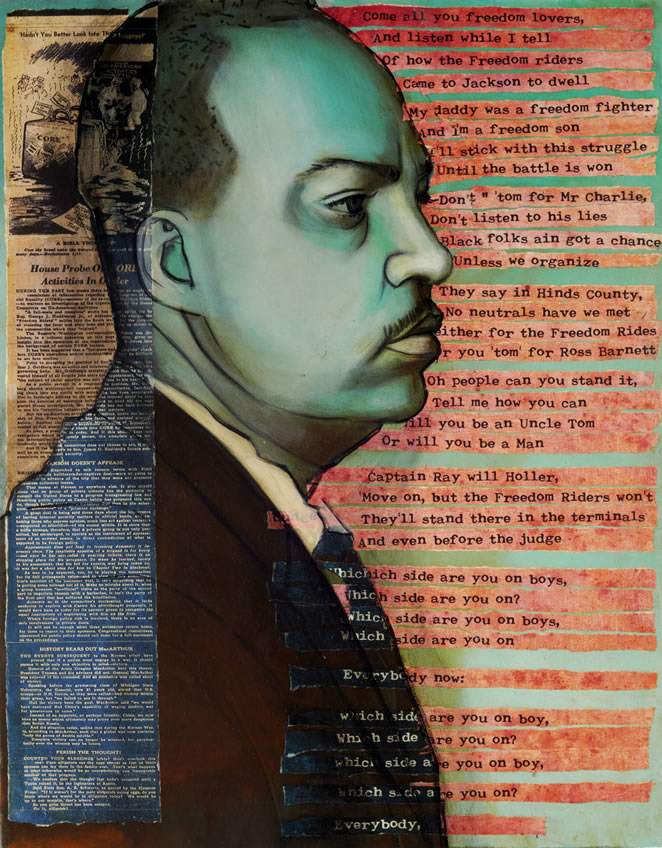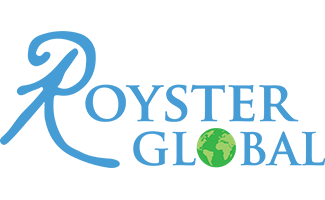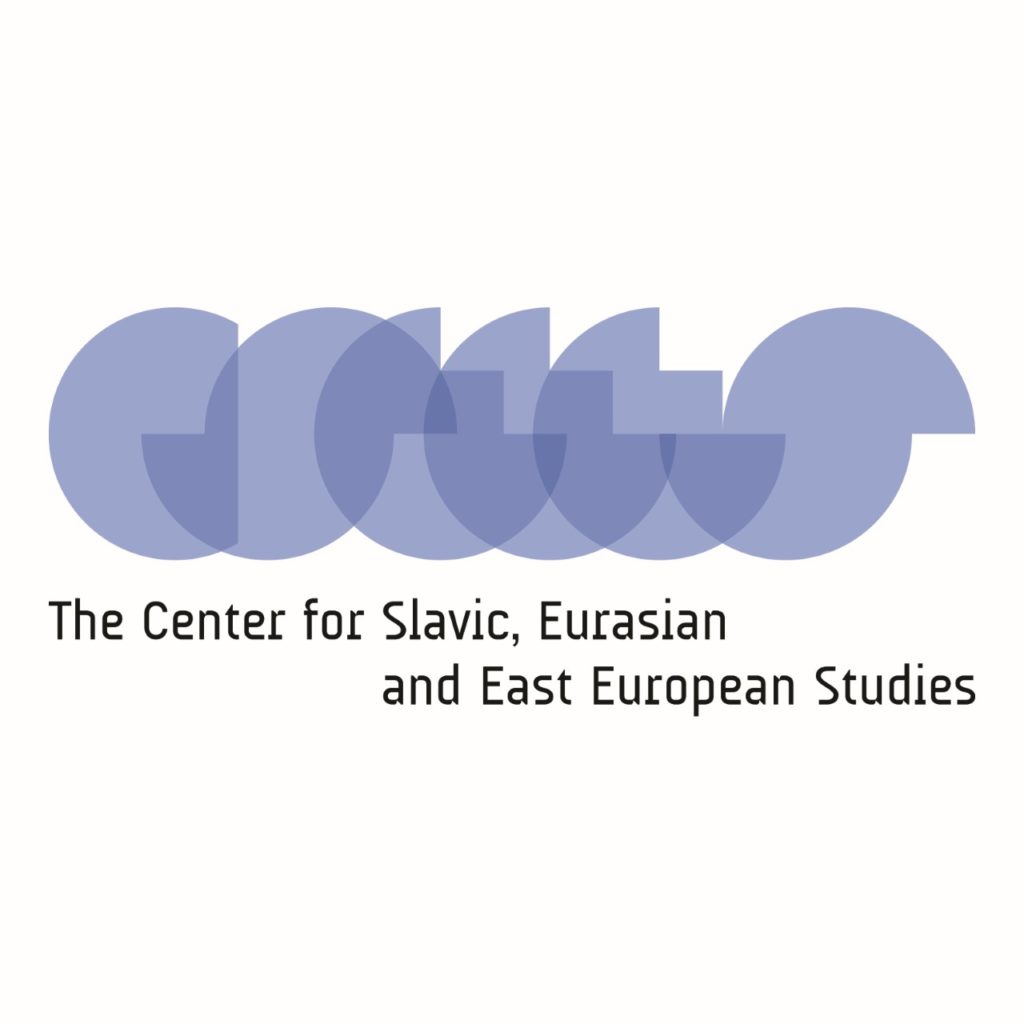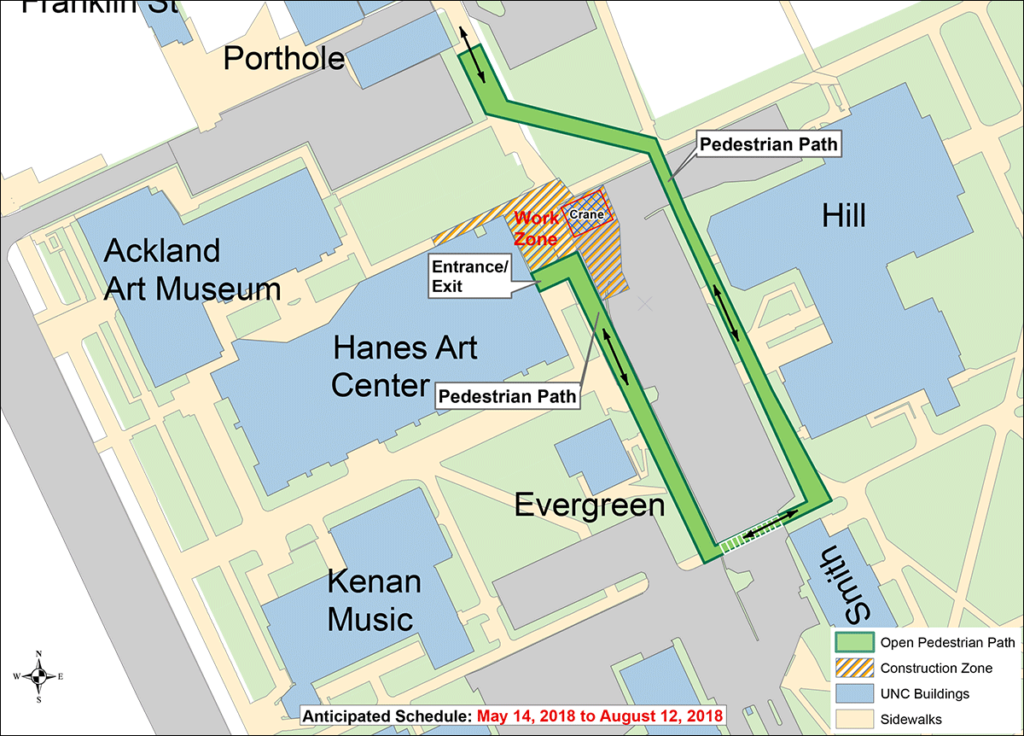
The University of North Carolina at Chapel Hill hosted a delegation from the U.S. Department of State’s International Visitor Leadership Program (IVLP) Feb. 14, 2018. The IVLP delegation consisted of government officials, public officers and social media forum leaders from several European countries, and they met with faculty from Carolina’s Department of Communication to learn about their research related to methods of countering extremism and engage in discussion about their experiences.
UNC-Chapel Hill presenters described the processes through which extremism generally operates and how to address those processes to mitigate or counter the effects of extremist media. Presenters included Cori Dauber, professor; Mark Robinson, director of the department’s Media Lab and lecturer; Alice Marwick, assistant professor; Michael Waltman, associate professor; and Kemal Ilter, visiting professor. Their presentations touched on themes such as social media, the use of narratives and counter-narratives, community outreach and engagement, perspectives and the importance of youth involvement, and discussion focused on the current issues and challenges confronting the IVLP participants in each of their countries.
Presenters explained the popularization of extremist messages through social media and showed examples of media techniques and strategies that appeal to youth to promote awareness and provide counter-narratives. The panel emphasized the importance of approachability in programs working to counter extremism on any level: broaching controversial topics, such as radicalization, and the ways breaking them down for youth to understand becomes the responsibility of parents, communities and educators working together.
“This meeting was incredibly valuable, because while all the delegates were interested in the insights made possible by our research, each of them had different perspectives and were facing unique sets of challenges at home,” said Dauber. “By hearing exactly what situations they were facing, we have a much better chance of thinking through real world solutions.” The Department of Communication at UNC-Chapel Hill uniquely offers analysis of extremist messaging, jihadist and white supremacist methods of message distribution, as well as strategies for counter messaging.




